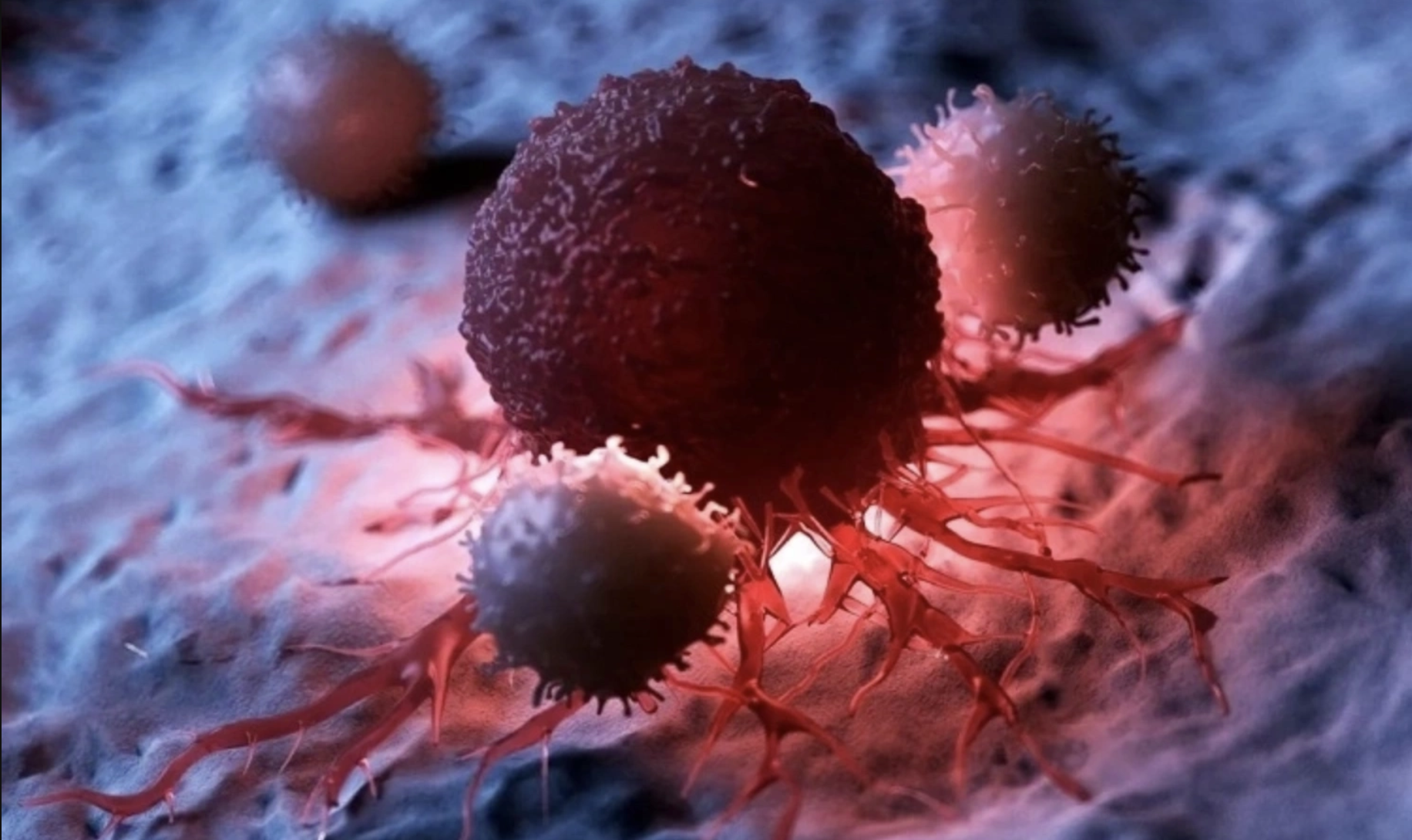Cancer doesn't develop overnight, and it's not always solely linked to family history. Several everyday habits can subtly elevate cancer risk. Diet, exercise, and stress management all play a role.
By becoming more aware, we can modify these habits and strive for a healthier future. Doctor Kumardeep Dutta Choudhury, director of medical oncology at Max Hospital Shalimar Bagh in New Delhi, highlights daily habits that can impact long-term health:
Excessive sitting. In today's world of desk jobs, binge-watching, and commutes, many spend hours sitting without moving.
Studies have shown that excessive sitting, especially without exercise, can increase the risk of colon, endometrial, and even lung cancer. Lack of physical activity slows metabolism, disrupts hormone balance, and exacerbates inflammation.
Stand up every hour to stretch and walk around, and aim for at least 30 minutes of moderate exercise daily.
Consuming processed foods. Packaged snacks, chips, instant noodles, sugary drinks, and ready-made meals are often loaded with unhealthy fats, excessive salt and sugar, preservatives, and artificial ingredients.
Numerous studies have linked a high intake of processed foods to an increased risk of several cancers, particularly breast and colorectal cancers.
Prepare fresh meals at home and prioritize whole foods like fruits, vegetables, nuts, and grains whenever possible.
Poor sleep habits. Lack of sleep or irregular sleep patterns disrupt the body's natural circadian rhythm, weaken the immune system, and hinder cell repair. Chronic sleep deprivation has been associated with a higher risk of breast, prostate, and colon cancer.
Aim for 7 to 8 hours of sleep each night. Go to bed and wake up around the same time daily, even on weekends.
 |
Illustration of cancer cells. Photo: Sci Tech Daily |
Illustration of cancer cells. Photo: Sci Tech Daily
Neglecting sun protection. Failing to protect yourself from the sun's harmful UV rays increases your risk of skin cancer, including melanoma. Those who experience frequent sunburns or use tanning beds are at even greater risk.
Apply sunscreen with an SPF of at least 30, wear protective clothing, and seek shade during peak sun hours.
Smoking. Smoking significantly increases the risk of various cancers, such as lung, throat, mouth, pancreatic, and bladder cancer. There's no safe level of tobacco use.
If you smoke, seek support to quit. Many medications, therapies, and programs can help.
Alcohol consumption. Alcohol use has been linked to liver, breast, mouth, throat, and colon cancer. Alcohol damages DNA and can make it harder for the body to repair the damage. For long-term health benefits, abstain from alcohol.
Disregarding stress and mental health. Chronic stress doesn't directly cause cancer, but it can weaken the immune system and lead people to adopt unhealthy coping mechanisms like smoking, excessive drinking, or overeating. Over time, these can increase cancer risk.
Engage in relaxing activities like yoga, meditation, breathing exercises, or spending time in nature. Don't hesitate to talk to a counselor or therapist if needed.
My Y (according to the Times of India)












